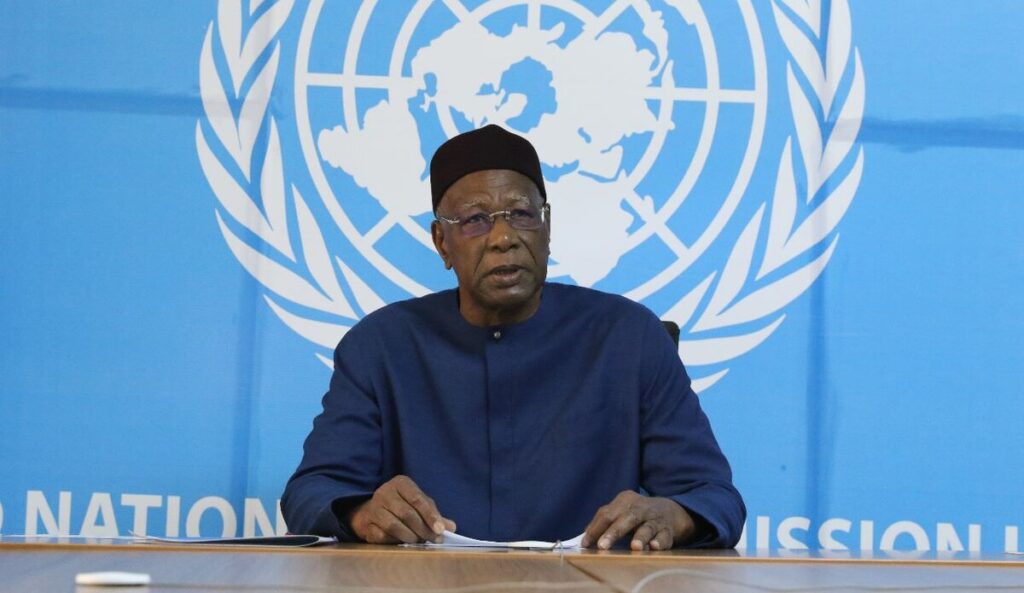The Elcano Royal Institute has warned that the new high-level electoral steering panel, established last February by the U.N. Envoy to Libya Abdoulaye Bathily, remains “partial and vulnerable to hijacking from members of the Libyan political elite who have little interest in a successful transition.”
In an analysis piece penned by Irene Fernández-Molina, the Madrid-based think tank stated overcoming any potential hijack is “certainly not easy, but in any case, the only way ahead hangs on democratic elections.”
The Elcano Royal Institute affirmed that the key to solving the Libyan crisis “remains first and foremost domestic.” While acknowledging the “crucial role” of foreign interference in exasperating the crisis, the Spanish think tank maintains that the war in Libya “is no proxy war”
“Both the Libyan political elite and armed non-state actors seem overall content with the status quo given the currently limited levels of violence and, not least, the rising global prices of energy since the outbreak of Russia’s war on Ukraine.”
“That explains the general lack of a genuine commitment to relaunch the transition and electoral roadmap,” it added.
In a similar context, the think tank pointed out that one of the dilemmas affecting the political crisis and legitimacy dispute in Libya is “the mismatch between international and internal recognition […] where the former has preceded the latter.”
“Yet the externally-backed government has proved eventually unable to achieve a viable social contract with all the key societal groups and political stakeholders inside the country,” it explained.
The institute cited, as an example, last summer’s protests by disgruntled Libyan youth in multiple cities from Tobruk to Tripoli, which were directed against the entire national political elite, “revealing more profound domestic recognition and social contract issues that will affect any future conflict settlement and Libyan government.”
“It was already widely assumed that domestic recognition should always take precedence over international recognition, that governance legitimacy cannot thrive by itself without effectiveness,” it stated, adding that “coherence around international government recognition positions may stand in the way of the inclusivity –and success– of conflict mediation and peacemaking.”
The Elcano Royal Institute called on the European Union to focus on “ensuring intra-EU and broader international political unity to deter spoilers” in order to “actively support” Bathily’s plan of holding elections by the end of 2023.
“At the same time, if it materialises, the national reconciliation conference for Libya that the African Union has announced it is preparing to host should also receive strong EU backing.”
“Finally, complementary dialogue formats should be considered in order to give some international oxygen to an increasingly neglected Libyan youth and civil society,” concludes the institute.
